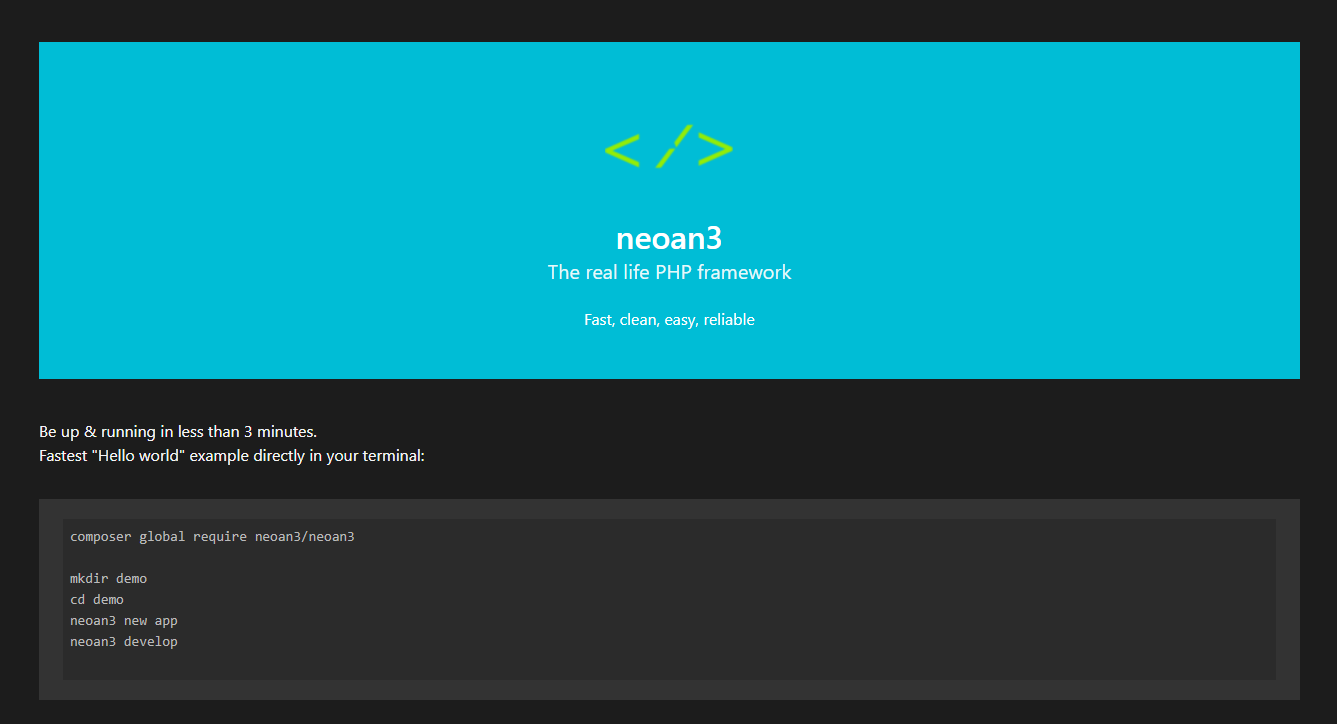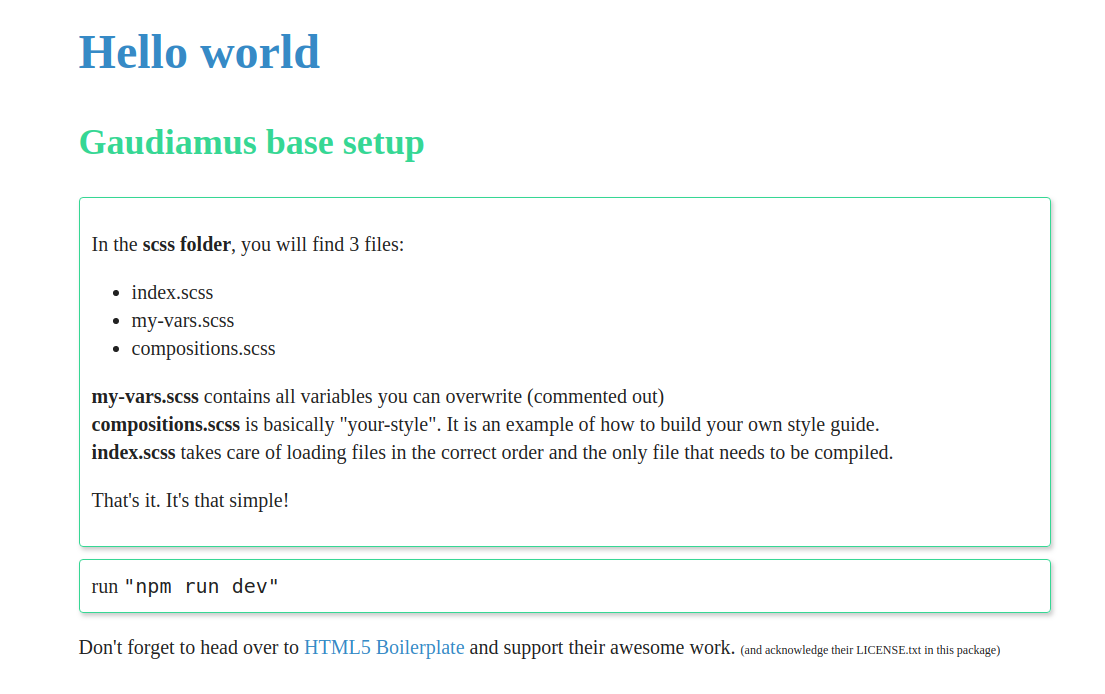(Cropped picture of https://www.flickr.com/photos/34120957@N04/4199675334 cc-by-2.0)
HTML5 & JavaScript assessment tests - what are they designed for?
That is a question one might ask after reading the multiple-choice answers for the third time to make sure it's not a trick question. I have been involved in hiring developers for years and not once did I ever wonder if being able to write a tag for Atom feeds must be known without google or that being able to disect intentionally misleading chained JavaScript functions provide valuable insight on the abilities of a candidate. Worse, the opposite is the case. A quick typist and strong "googler" can ace these tests while being completely useless as a developer. So what are they for?
Well, it seems that companies can't be bothered with candidates that would
- lie about their experience
- arrange fake recommendations
- steal links/projects and pretend they made them
- think that this will make them land & keep a job they are not qualified for
But I am sure that these people could not ask someone else to do these assessments for them, could they? Just not the type of personality?
So, what are the consequesnces of this practice? The 99% of us will be humiliated with "How to declare a doctype" for the rest of our lives.
Is it all BS then?
Just to be clear. I am a fan of technical interviews that are closely related to the technology used and that are designed to reveal the ability to solve problems. And if you need your ability to find the right StackOverflow page to achieve it, that is fine.
But most importantly I am interested in the ability to learn, adapt and innovate. And I have yet to see the pre-assessment test that would target any relevant skill whatsoever. But it is worse:
What are humans training/learning for?
Starting with school we are conditioned to always look at the very next goal. And test results, grades & report cards must have value to our subconciousness in order to justify the endless hours we invested in it. It is only natural that this process eliminates a clear picture of what abilities are useful and what content relevant. It is not only a misconception, but dangerous to associate "I can pass bootcamp/company x's assessment test" with "I can write HTML/JavaScript applications". However, there are counselors, recruiting firms and authors creating a complete industry on "how to pass assessment tests". This is madness! How many more generations of young web developers will have to be dropped into corporate America's lap realizing "This is so different than what I learned"? And on the other side: How many more managers will have to find out that the new hire who aced the assessment test just doesn't have what the position requires?
If you are a web developer you should spend your time on projects, new concepts, new patterns, new frameworks, new languages, and so on. Don't waste your time. The industry has a demand and we are the supplier. Let's remember that.
What to do about the status quo?
Well, two things must happen. Developers in hiring positions in the industry have to digest what I said a paragraph earlier: Just because we went through this nonsense does not mean we should expect the new recruits to pass the same hurdle. Let's design better filters for what we think must be established in order to justify interviewing time. Let's not quickly surf around and see what the others are doing to assess or hire a flashy startup using ancient IBM tests to outsource pre-asessment to.
And for the canditates: Give feedback! Be bold enough to say something if you think the pre-assessment test does not reflect your abilities nor is it targeted to test anybody else's. When you explain why, the hiring manager will listen. And if not: Well, do you want to work for a company that blocks feedback and judges based on your failure to use HTML5's datalist in a test you take while applying for a React-job? Me neither. Never again.



















